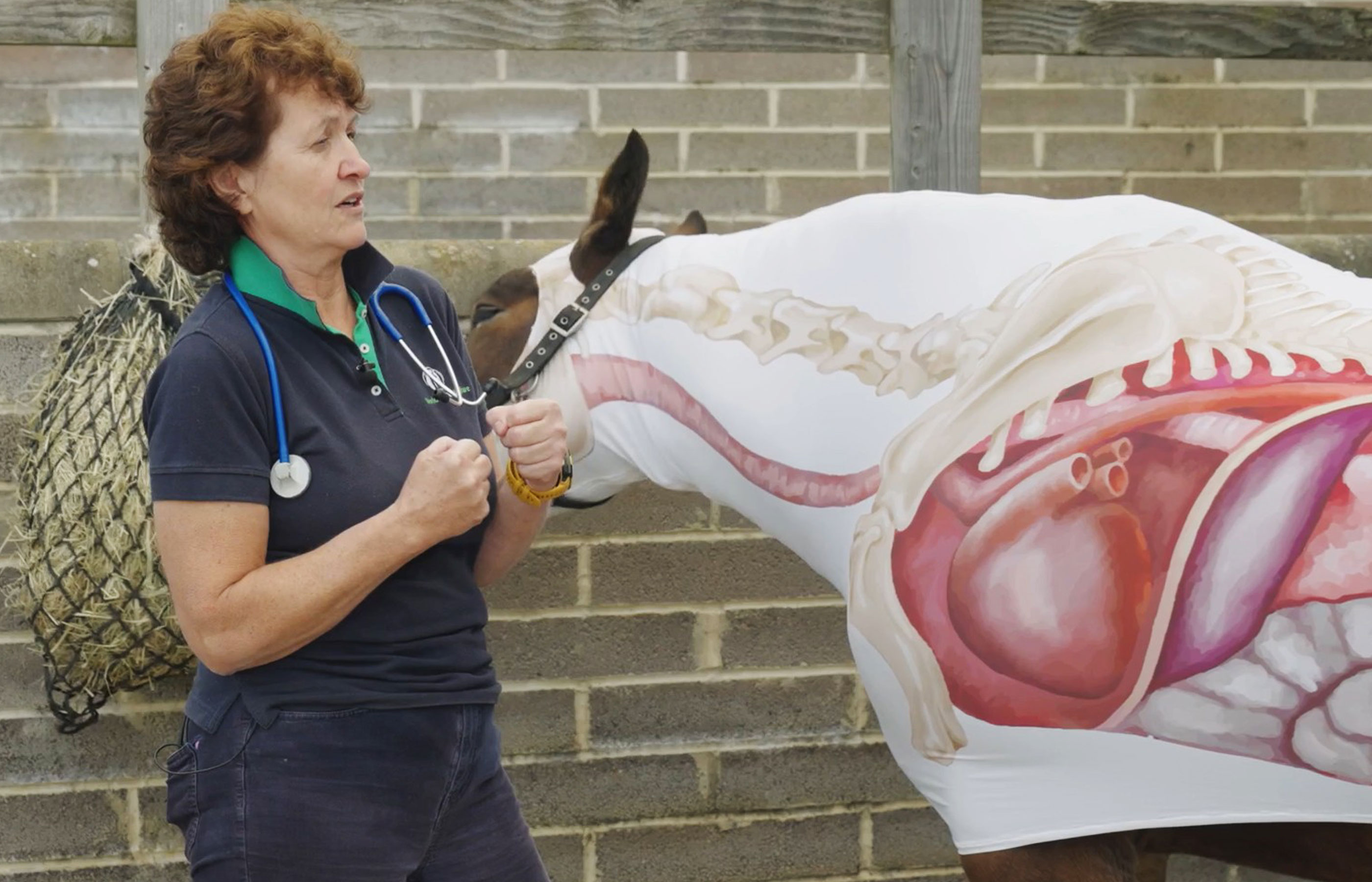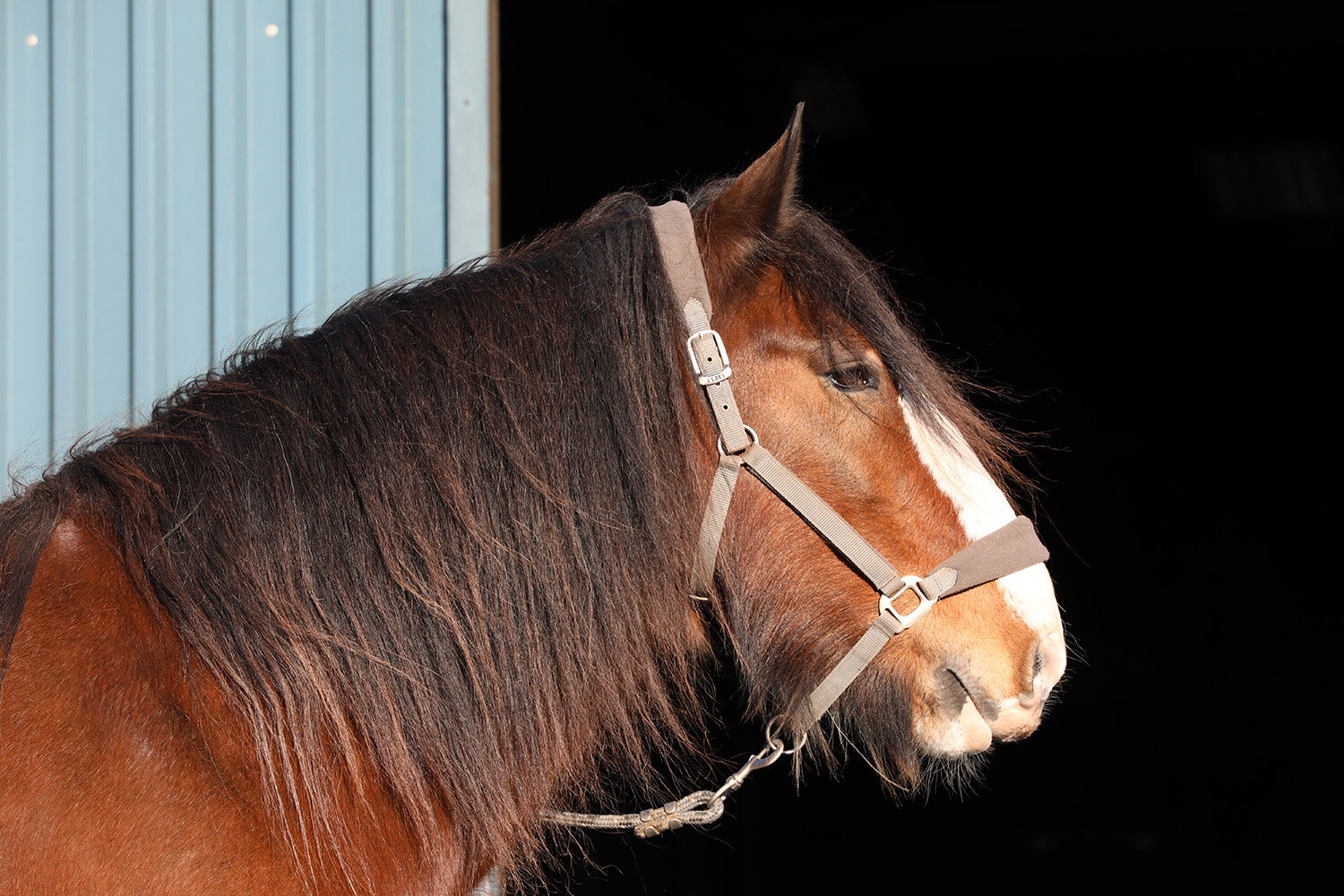You’re not imagining it, your horse really does read your mood
The third episode of 'Horses Explained' explains the emotions horses experience, how they learn, how stress affects them, and much more.
Posted on 31/07/2025

The latest episode of our free-to-view ‘Horses Explained’ series provides a wealth of fascinating insights into the horse’s brain. The third episode – now available on our Horses Explained page – sees neuropsychology lecturer and equine behaviourist Dr Emma Lethbridge join series presenter Nicole O’Malley. Dr Lethbridge explains the different emotions a horse can experience, how they learn, and their ability to indicate their preferences.
Referencing the growth in research into the emotional intelligence of horses of the last 10-15 years, Dr Lethbridge confirms something that many owners may have long-believed about their horses:
“The horse is very able to take emotional information and use that information, so horses are able to understand when we’re not happy and when we are in a pleasant mood. They do change their response, their vigilance, their way of being in response to that information, so we need to build that into how we are responding to them as well.”
For day-to-day management, owners need to consider how horses, as sentient beings, can experience both positive and negative emotions and are more than capable of indicating their preferences. “With regards to our husbandry – our care of them – and our training […] we need to think about how each of their emotions are going to be managed within their environment from the horse’s perspective and not from a human point of view,” explains Dr Lethbridge.
For riders who are surprised when their horses react to a seemingly harmless object like a plastic bag in a hedge, Dr Lethbridge explains how this is linked to their memories and ability to experience cumulative stress:
“Horses that are chronically stressed can have difficulty learning, they can have difficulty reasoning, and also difficulty in calming themselves, so they’ll be stressed for longer.”
The episode also covers how important sleep is to horses, and how it can be impacted by their stress levels or by a change in their environment – a familiar experience for anyone who’s ever had a bad night’s sleep in a strange bed.
The next episode of ‘Horses Explained,’ with equine anatomist Gillian Higgins of Horses Inside Out, airs on 1st August and is must-watch for anyone wanting to know more about how their horse’s bones and muscles work. The remaining episodes in the series are:
- 8th August: Heart & Lungs – with equine vet and endurance specialist Sarah Coombs
- 15th August: Hormones – with vet and endocrine specialist Andy Durham
- 22nd August: Reproductive System – with equine vet and reproduction specialist James Crabtree
- 29th August: Hooves – with farrier Jay Tovey
- 5th September: Whole Horse – with vet and equine behaviour specialist Gemma Pearson
All the ‘Horses Explained’ videos released to date can be found on our Education YouTube channel or our Horses Explained page.
Topics
Related News

Exploring how the heart and lungs of a horse keep up with everything we ask of them
The fifth episode of 'Horses Explained' is full of gems of knowledge and tips owners can use to improve their horses' respiratory health.

The Archers highlights the toughest of decisions
Making the decision to put a horse to sleep can be extremely difficult, but there's support and advice available for owners facing this situation.
Recommended Blog Posts

We catch up with gentle giant Seamus in his new home
Rehomer Nikky tells us what life is like with Clydesdale Seamus and how he is settling in with his new companion Puddin.

Putting on a practical training workshop in Lesotho
International Programme Officer Vicki Newton explains what goes into planning a practical training workshop.

How does the Animal Welfare Act 2006 inform our everyday work?
Our Chief Field Officer shares an insight into how this piece of legislation informs our work.
Enjoy reading stories like this?
Join over 65,000 other horse lovers and sign up for our email newsletter

Join over 65,000 other horse lovers and sign up for our email newsletter
Sign me up now